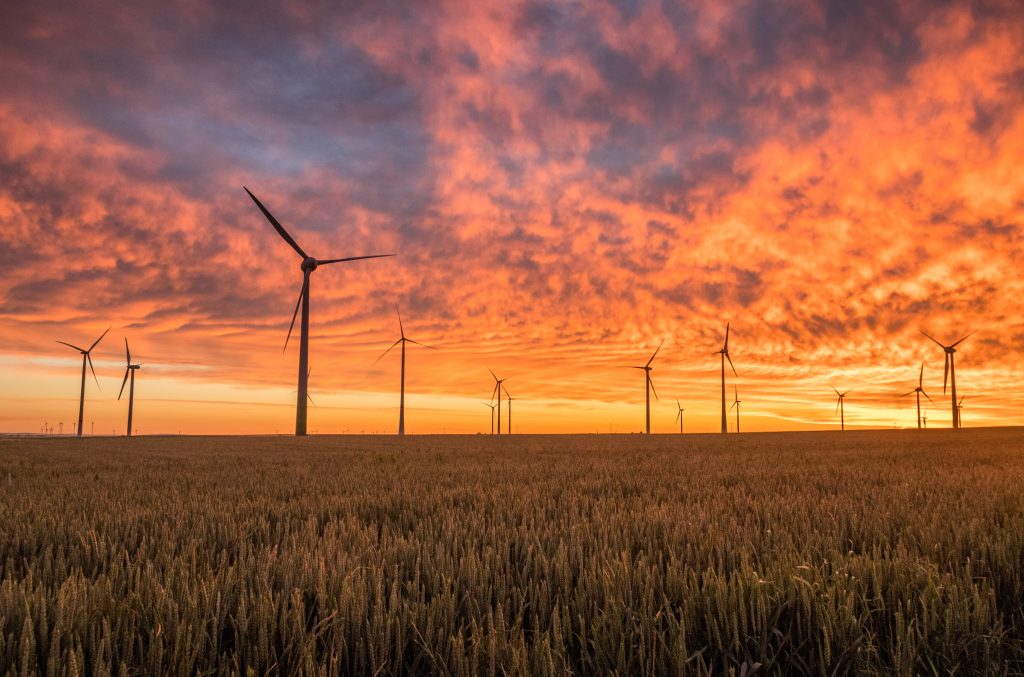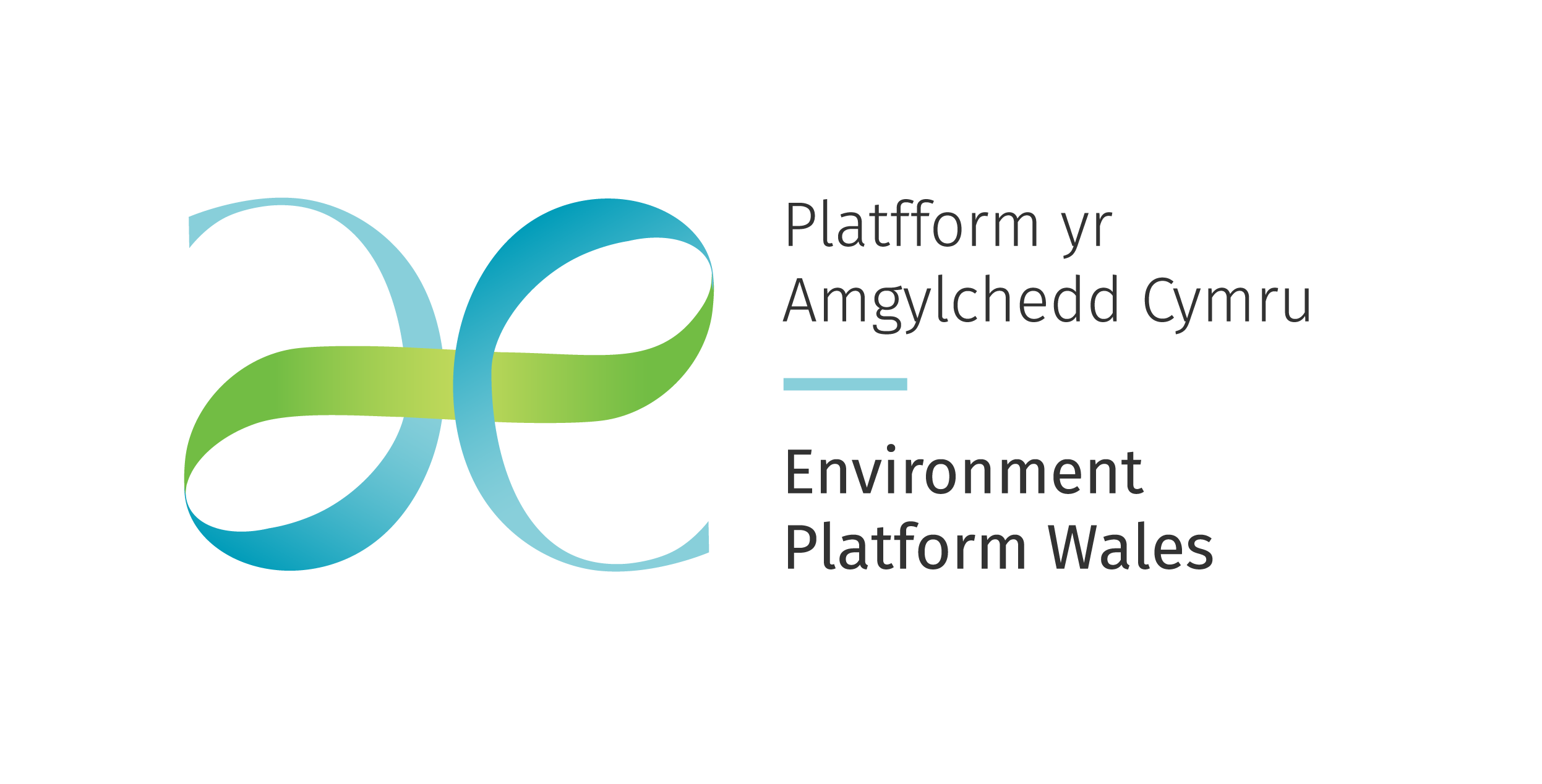
EP Wales hosts Wales Climate Week Fringe Event Webinar
Environment Platform Wales hosted a fringe event ‘In:conversation’ webinar as part of Welsh Government’s ‘Wales Climate Week’ programme, marking the launch of their Energy Generation 2019 report. The week attracted more than 2,000 participants throughout the week, as well as an announcement about site locations for Wales’s National Forest network.
Joined by Dr Briony McDonagh (Reader in Historical Geography at the University of Hull), Prof Nick Pidgeon (Director of the Understanding Risk Research Group, Cardiff University), Dr Angelina Sanderson Bellamy (Senior Research Fellow in the Institute of Sustainable Places, Cardiff University) and Ben Burggraaf (Head of Energy, Dŵr Cymru), panellists talked through their respective research areas before touching on both adaptations, mitigation, food standards, the circular economy and re-framing the climate debate using cultural learnings.
Watch ‘Are we ready for climate change’ on catch-up
The recorded stream is available to watch below or via our Facebook Live Broadcast.
Webinar host Dr Jennifer Geroni sumamrised:
“The effects of climate change are increasingly clear as more and more people around the globe experience flooding, drought and wildfires. Even in Wales we are seeing the effects of extreme weather events with increasing regularity. While it is critical that we continue to do everything possible to reduce our carbon emissions we must also realise that we need to adapt and increase understanding of how we can live with the changes to come.”
Some of the session’s panellists also highlighted the points below, emerging from discussions from the session.
Professor Nick Pidgeon:
“We’ve just seen an important citizen’s assembly on mitigation (The Road to Net Zero), which said very little actually about adaptation…I think now is the time to engage with the UK public and Welsh public in Wales more about the adaptation issue in Wales. They care about the problem if you ask them. Therefore we need to have a deeper conversation…”
Dr Angelina Sanderson Bellamy:
“People need to be earning a real Living Wage that allows them to eat properly and afford their housing costs – a food system policy approach takes into account these different areas that are often treated in silos across Governments.”
Dr Briony McDonagh:
“Estuarine and coastal cities are acutely vulnerable in the face of climate uncertainty. 30-40% of the world’s population lives within 100km of the sea and these communities are facing uncertainty and risk due to sea levels and storminess. We need to build resilience at a local, national and global scale…and communities and businesses must learn to live with water in an uncertain future and we need to engage diverse communities in building floor resilience…”
Ben Burggraaf:
“I come from a country where the majority of land is below sea level. I was raised in an area with a lot of water and nature…where you understand the hazards, danger and risks if you don’t have the right kind of skills with swimming etc…but at the same time you can enjoy it, it can provide a nice life and environment. Having these recreational areas improves the quality of life. It is important to highlight both aspects. Climate change conversations talk a lot about risks, but we also need to talk about the opportunities it might bring…in the Netherlands we try to balance these things out and highlight the improvements in wellbeing that could take place, rather than only focusing on the negative….every country deals with things in different ways…..we need to think about the cultural context, too and take learnings from abroad….”
Watch more catch up episodes of ‘In:conversation’ as well as panel session and keynote addresses from our 2020 conference (Resilience of the Welsh Uplands) on our Vimeo channel.



